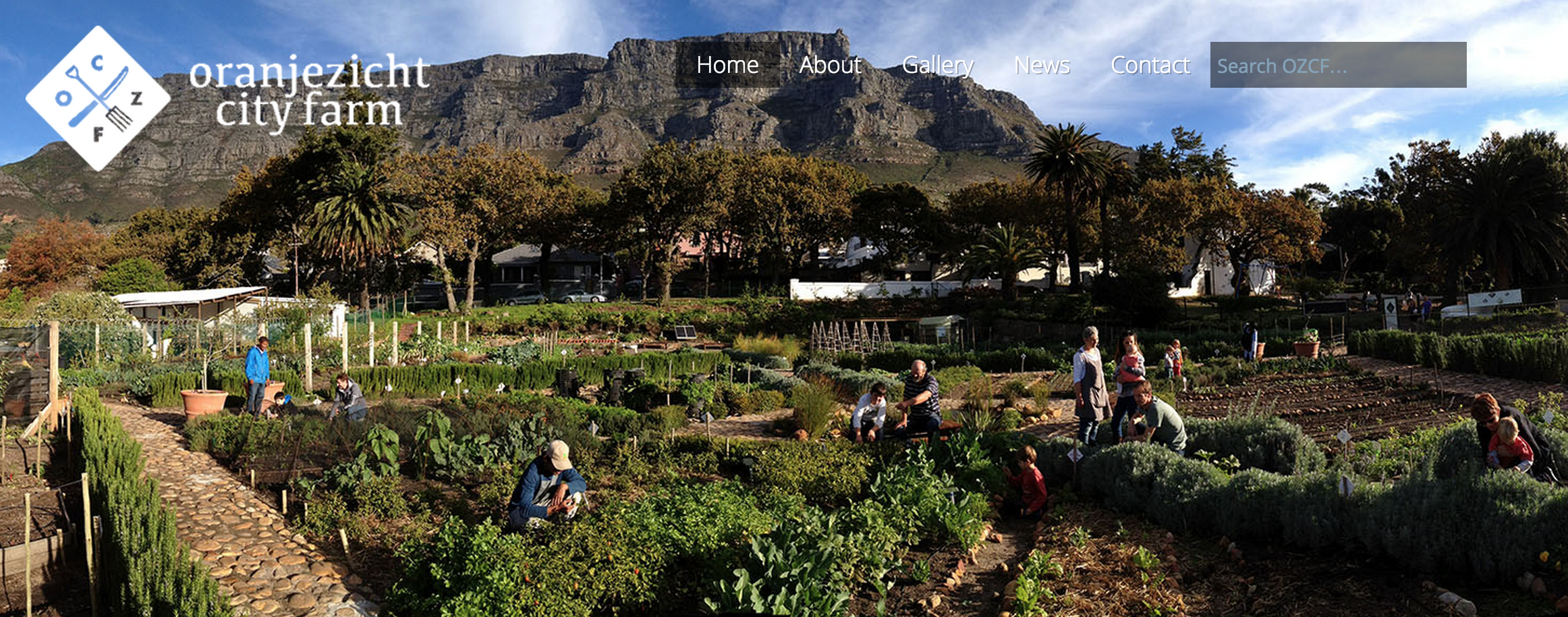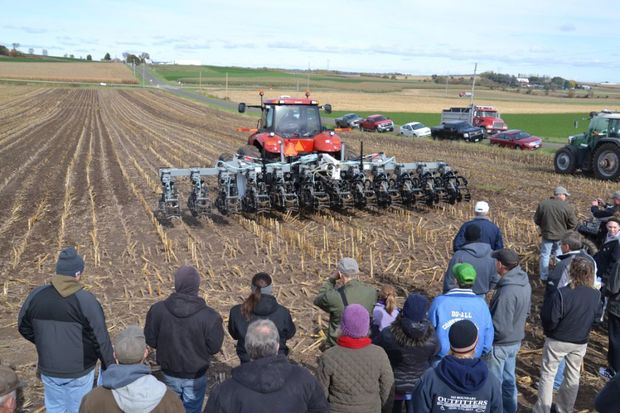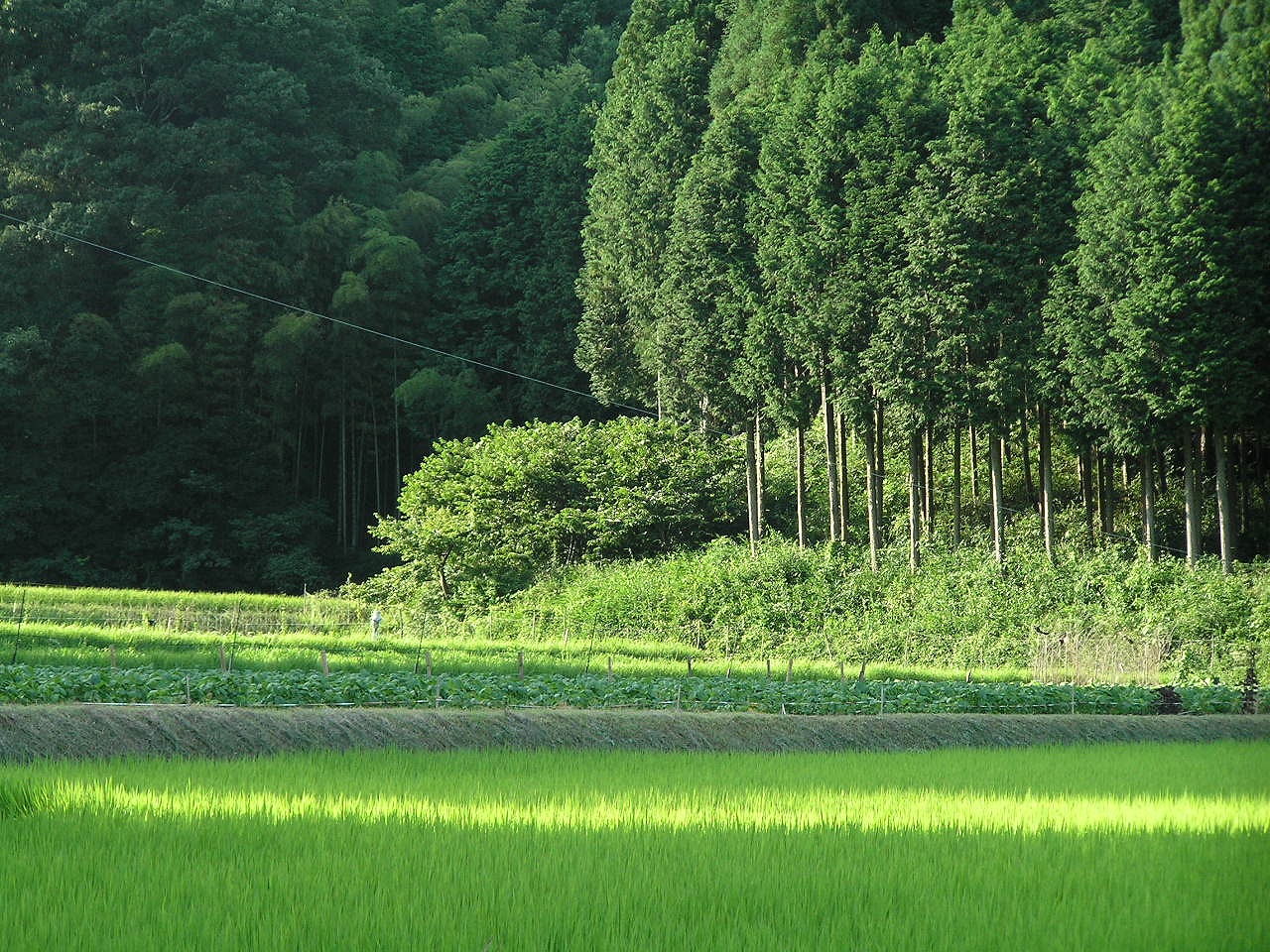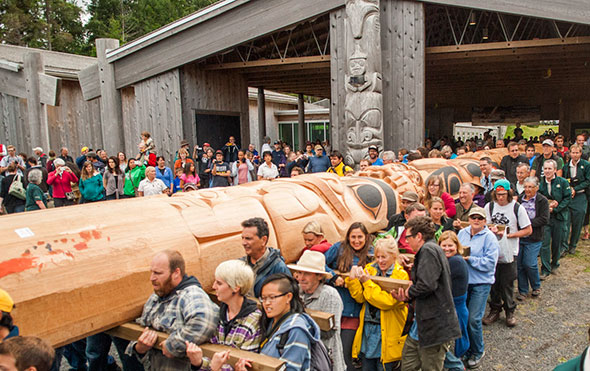
Oranjezicht City Farm
Local residents from the Oranjezicht community in Cape Town's city bowl came together in 2012 to transform an open area in their neighbourhood from a disused lot attracting criminal activity into a vibrant urban farm where community members grow their own food. In addition, people from all over the city can participate by volunteering as farm helpers, and people are encouraged to assist the farm by contributing their kitchen waste [...]
Yahara Pride Farms
Yahara Pride Farms (http://www.yaharapridefarms.org/) is a coalition of farmers, business people, environmentalists, technical experts and government employees that aims to decrease nonpoint pollution in the Yahara watershed, Madison Wisconsin. YPF engages farmers directly in changes in farm management practices to decrease nonpoint pollution. YPF is experimenting with manure digestors, cover crops, deep injection of manure into croplands, and other new and innovative nutrient management practices. The programs include monitoring to evaluate the effects of the practices.
Satoyama Initiative
The values of satoyama landscape, Japanese traditional agricultural landscape, has been increasingly recognized in Japan, as provider of a bundle of ecosystem services to humans while harnessing unique and higher level of biodiversity. It has been understood that continuation of appropriate management of landscapes has created sustainable landscapes benefitting both humans and nature. The challenges faced to the satoyama landscapes today are more on the underuse of natural resources rather than overexploitation which comes from depopulation in rural areas and decline of agricultural sectors. Responding to this, new ways to maintain satoyama landscape is being explored by linking urban and rural areas and creating mutual benefits.
Tribal Parks
“Tribal parks” - are an example of Aboriginal people asserting their rights to govern and use land in ways without the prior approval of a national government. In Canada, some tribal parks have been converted into co-managed national parks (e.g. Gwai Hannas national park), while other exist in an interesting legal gray area where they form partnerships with some levels of government but are not formally recognized by others (e.g. Tla-o-qui-aht Tribal Park ). These parks are interesting because they represent a way in new way in human, and historical values have been incorporated in the protection of ecosystems. They are also interesting because they have been asserted not by the state, but by colonized people who have historically been displaced by the state. By enhancing the diversity of land ownership and land governance systems these tribal parks potentially provide opportunities for experimentation and learning that can benefit broader society.
RECENT POSTS
NEWS CATEGORIES
POST TAGS
WHAT ARE SEEDS
Seeds are existing initiatives which hold potential to shape the future. They are likely not widespread nor well-known. They can be social initiatives, new technologies, economic tools, or social-ecological projects, or organisations, movements or new ways of acting that have that appear to be making a substantial contribution towards creating a future that is just, prosperous, and sustainable.
We gather seeds from diverse research disciplines, communities of practice, and individuals that have different world-views, values, and problems. This diversity means that not everyone will agree on the importance or value of every seed.




